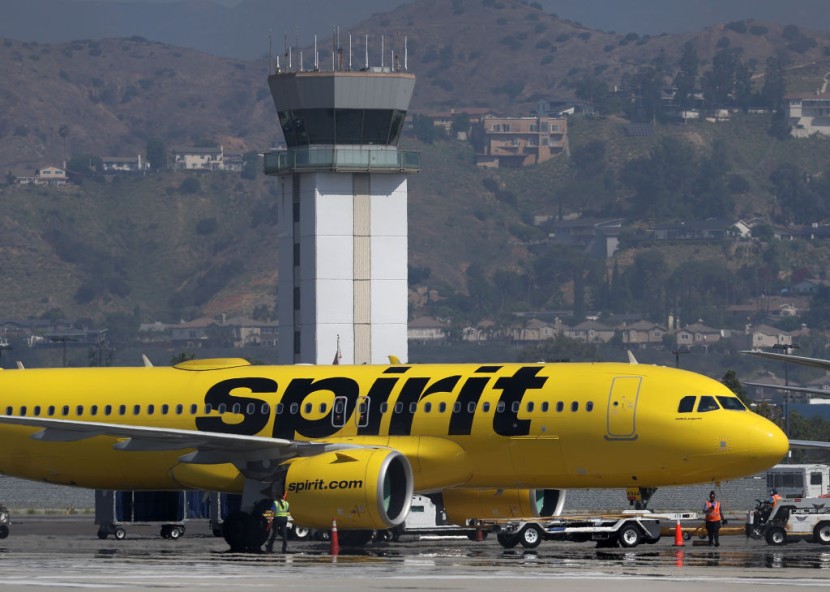
Spirit Airlines on Monday filed for Chapter 11 bankruptcy protection, citing unsustainable debt, rising competition for budget-conscious travelers, and failed merger attempts.
Amid the $2.5 billion in losses since 2020 and more than $1 billion in upcoming debt payments, the airline assured passengers that operations will continue without interruption.
"Guests can continue to book and fly without interruption and can use all tickets, credits and loyalty points as normal," the company said in a statement.
The bankruptcy filing comes after two failed merger attempts within two years—one recently with Frontier and another earlier in 2024 with JetBlue—leaving the ultra-low-cost carrier struggling amid ongoing quarterly losses.
In October, Spirit Airlines announced plans to sell several aircraft and reduce its workforce in an effort to generate cash and stabilize operations.
The company's President and CEO Ted Christie stated that the company has reached an agreement with its bondholders aimed at reducing overall debt and enhancing financial flexibility.
"This set of transactions will materially strengthen our balance sheet and position Spirit for the future while we continue executing on our strategic initiatives to transform our guest experience, providing new enhanced travel options, greater value and increased flexibility," Christie said in a news release. "I'm extremely proud of the Spirit team's hard work and dedication, which is key to our sustained progress in advancing our business and delivering for our guests."
Spirit Airlines announced that its stock shares will be canceled as part of its restructuring process, rendering them worthless. The airline also expects to be delisted from the New York Stock Exchange in the near future.
The airline began as a long-haul trucking company in 1964 before transitioning to aviation in 1983, initially operating as Charter One Airlines and offering leisure packages to vacation hotspots. The airline rebranded as Spirit in 1992.
Known for catering to budget-conscious travelers, Spirit gained popularity by providing ultra-low-cost fares, often excluding extras like checked baggage and preassigned seating.
Bankruptcy filings are common among U.S. airlines and other businesses, often serving as a pathway to emerge stronger. In fact, most major U.S. carriers, including industry giants American Airlines, United, and Delta, have undergone bankruptcy proceedings within the past 25 years.
© 2025 HNGN, All rights reserved. Do not reproduce without permission.








